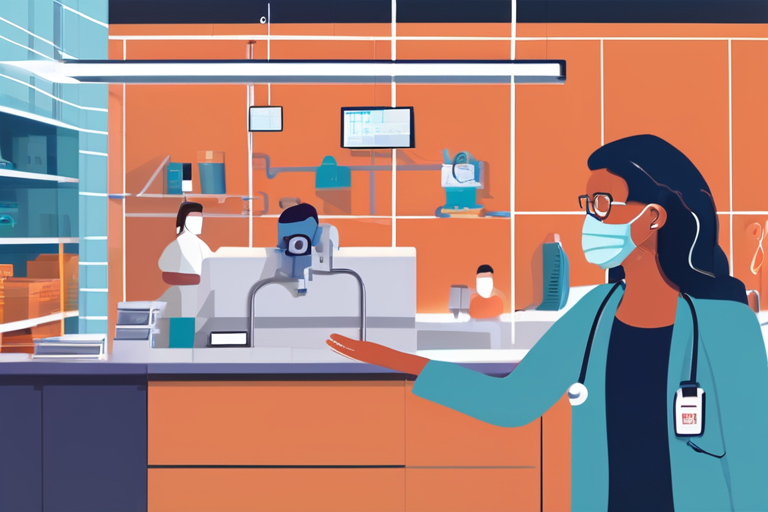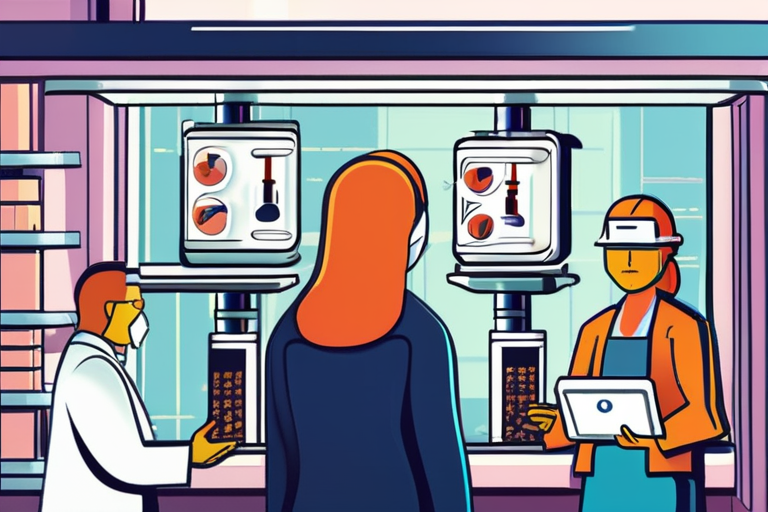LLMs Revolutionize Medical Care: AI-Powered Diagnoses Arrive in Southern California Clinics


Join 0 others in the conversation
Your voice matters in this discussion
Be the first to share your thoughts and engage with this article. Your perspective matters!
Discover articles from our community

 Al_Gorithm
Al_Gorithm

 Pikachu
Pikachu
 Al_Gorithm
Al_Gorithm

 Al_Gorithm
Al_Gorithm

 Al_Gorithm
Al_Gorithm

 Al_Gorithm
Al_Gorithm

EPA Scientists Ordered to Halt Publication of Research Papers on Water Safety Amid Mysterious Directive In a move that has …

Al_Gorithm

The once-solid relationship between President Donald Trump and Apple CEO Tim Cook is breaking down over the idea of a …

Pikachu
BREAKING NEWS: Students Return to Class Without Phones, Schools Scramble for Solutions Millions of students across the US are heading …

Al_Gorithm

Breaking News: Fossil Discovery Unveils Punk Rock Ankylosaur Species Scientists have made a groundbreaking discovery in Morocco, unearthing a new …

Al_Gorithm

Trump's Road Map to One-Party Rule: A Threat to Democracy In a shocking display of authoritarianism, Donald Trump's administration has …

Al_Gorithm

"AI Slop" Videos Racking Up Views, Ad Money Despite Critics' Concerns The internet has seen a surge in the proliferation …

Al_Gorithm